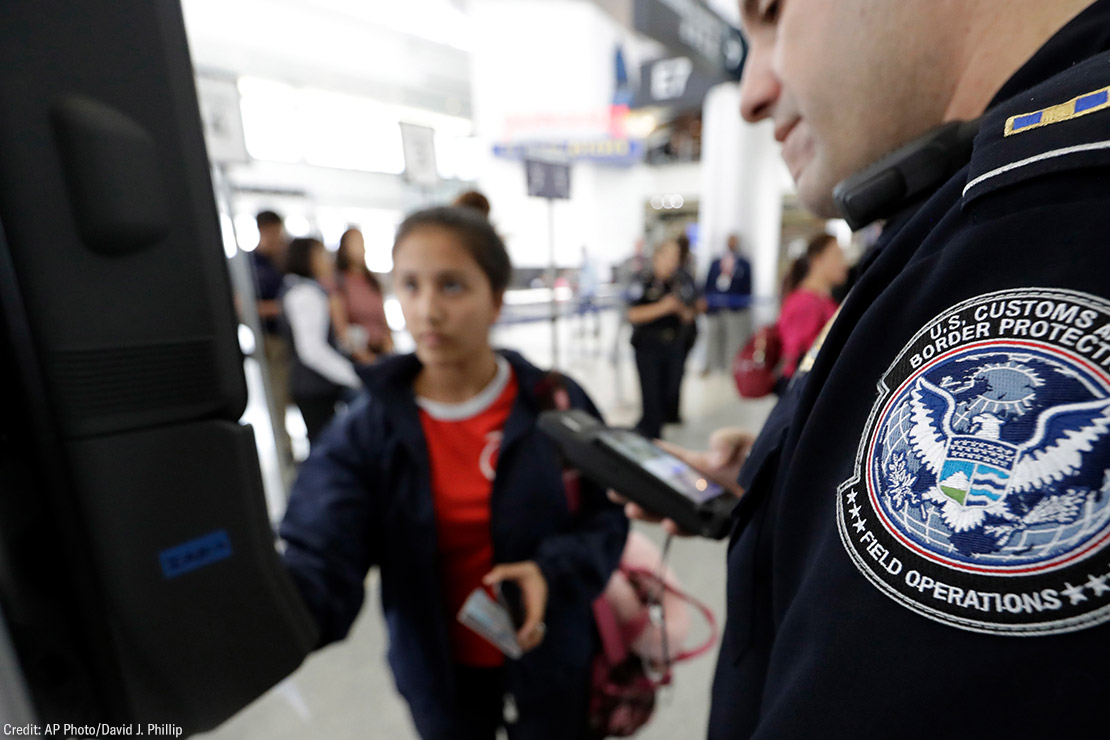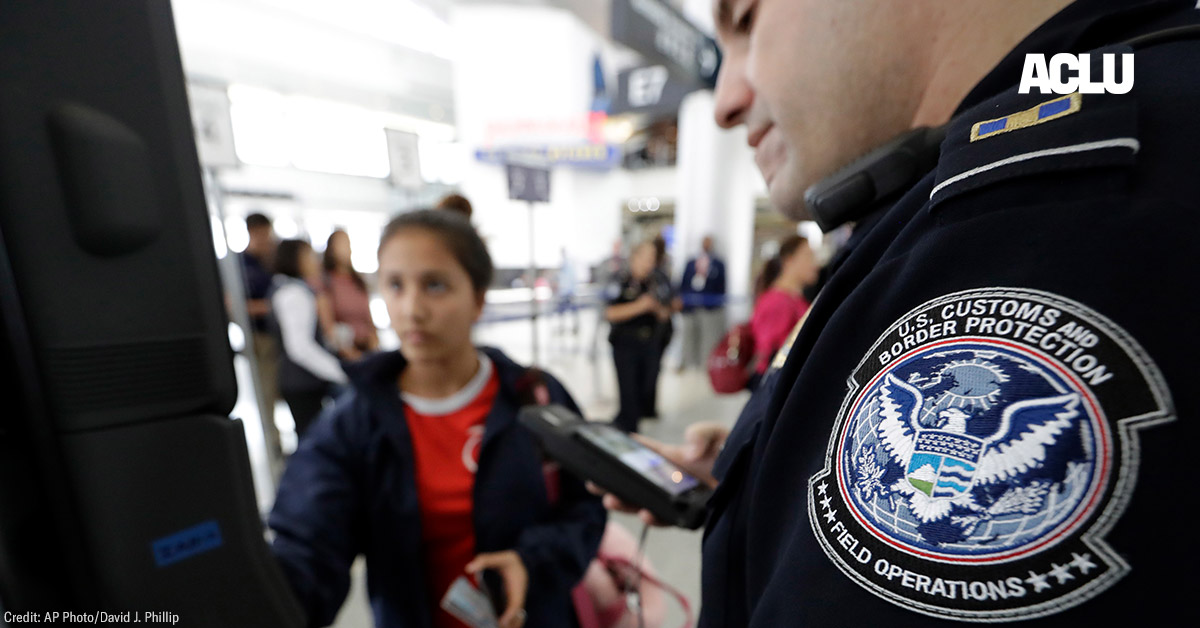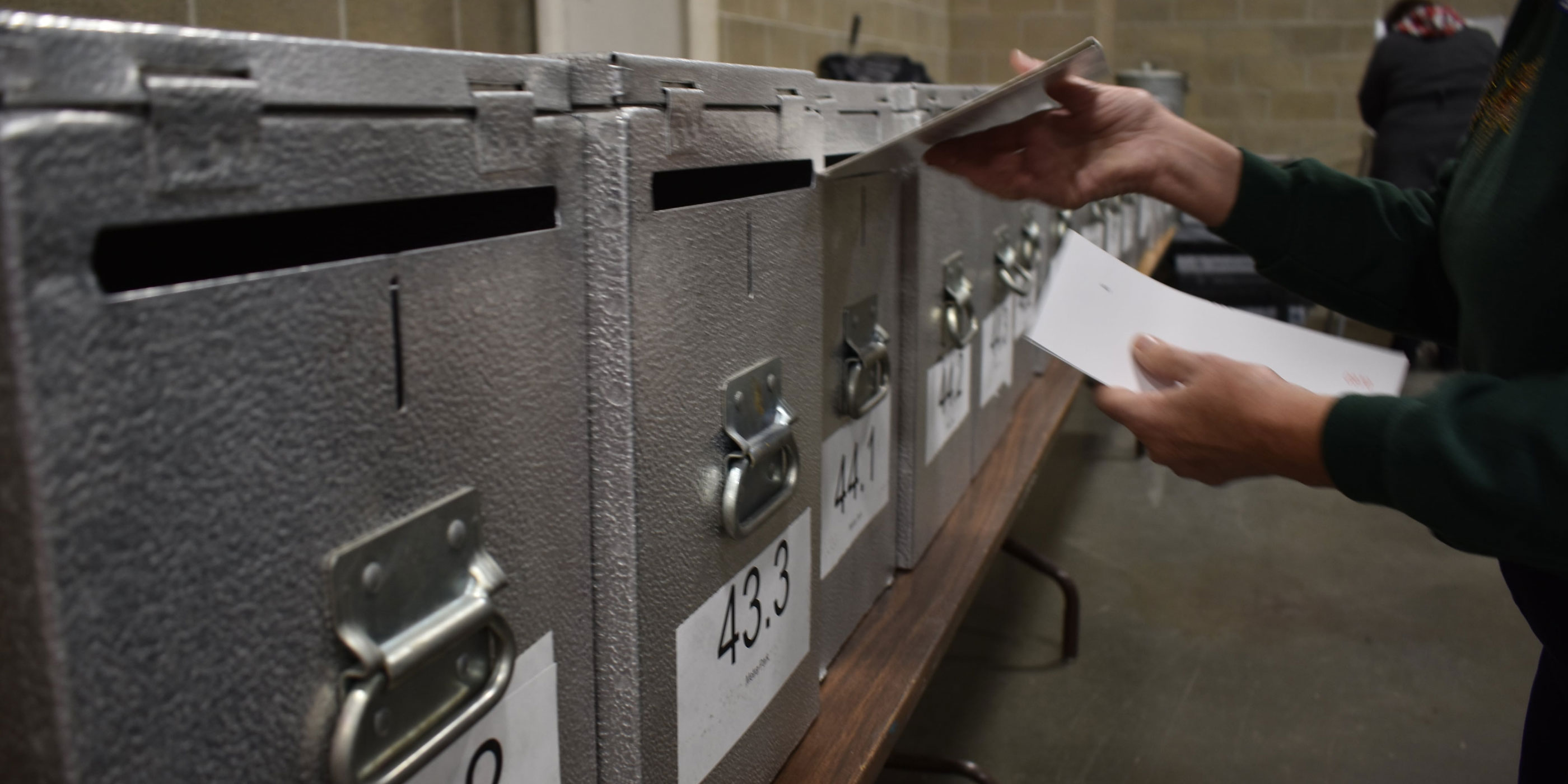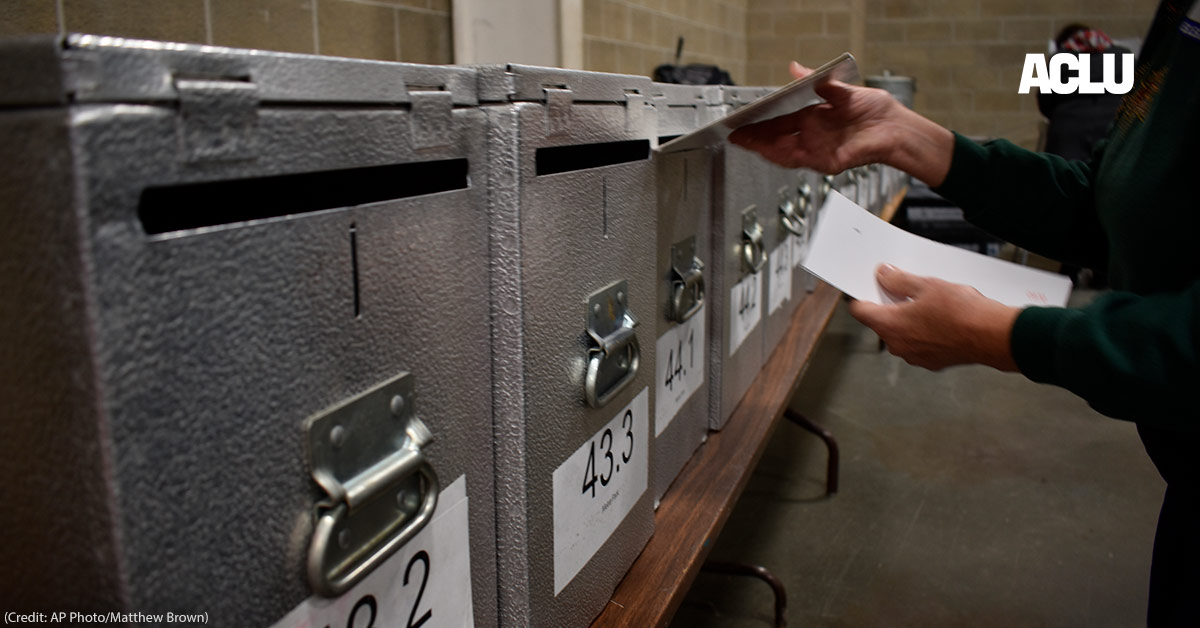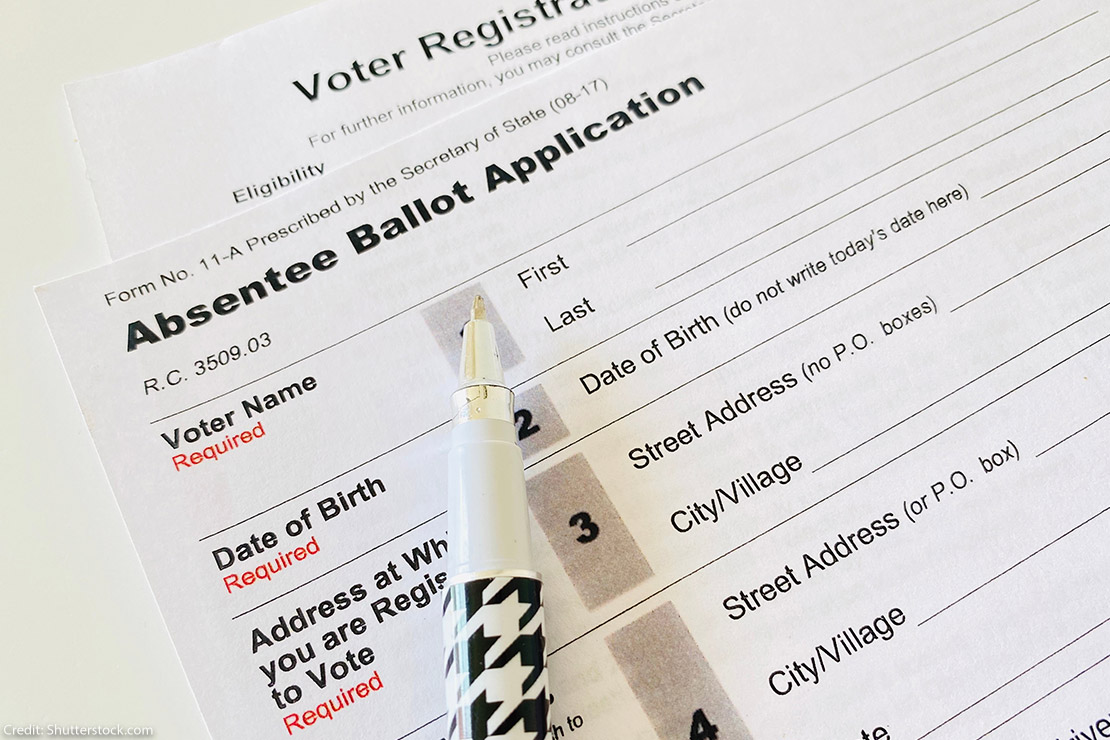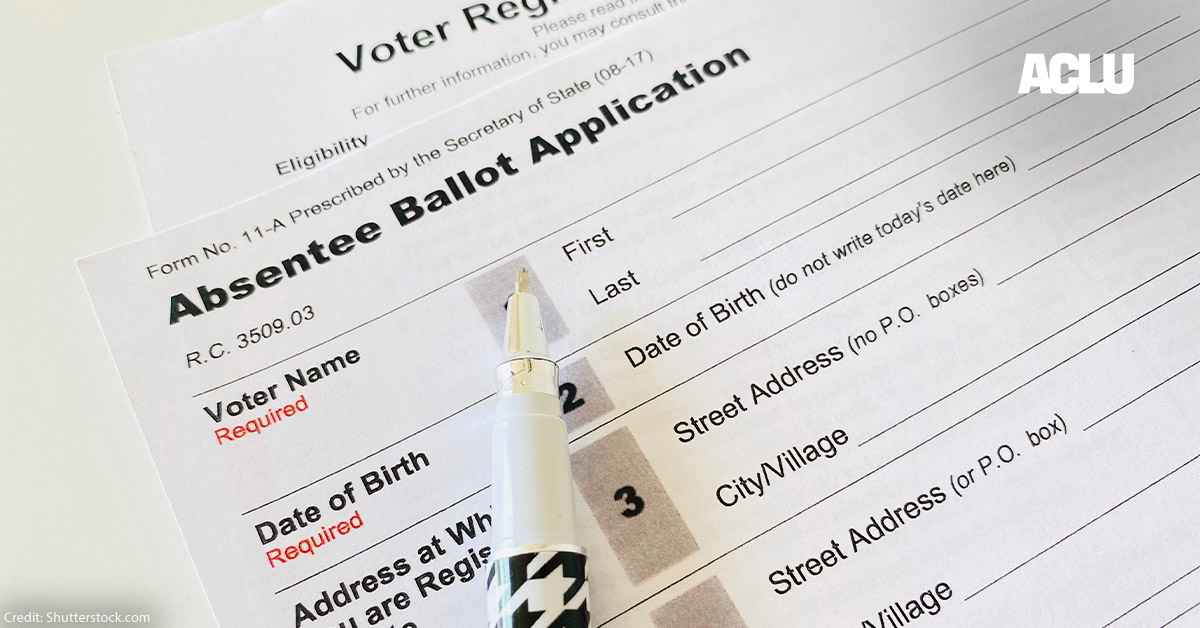U.S. Customs and Border Protection and the Transportation Security Administration are putting us on an extraordinarily dangerous path toward the normalization of face surveillance. But because key facts about this surveillance are still secret, the public lacks the information it needs to hold these agencies to account. We’re suing to bring some much-needed transparency.
Over the past few years, CBP and the TSA have dramatically expanded their use of facial recognition technology at the airport and other U.S. ports of entry. As of June 2019, CBP had scanned the faces of more than 20 million travelers entering and exiting the country. Several major airlines, including Delta, JetBlue, and United Airlines, have already partnered with CBP to build this surveillance infrastructure, and more than 20 other airlines and airports have committed to using CBP’s face-matching technology. The TSA has also partnered with CBP on face surveillance initiatives, with plans to further expand face surveillance to domestic travelers.
Unlike other forms of identity verification, facial recognition technology can enable undetectable, persistent government surveillance on a massive scale. As this technology becomes increasingly widespread, the government can use it to grab unprecedented power to track individuals’ movements and associations, posing grave risks to privacy and civil liberties.
When such a technology is placed in the hands of agencies like CBP and the TSA — which have been caught tracking and spying on journalists, subjecting innocent travelers to excessive and humiliating searches, and targeting and interrogating individuals because of their national origin, religious beliefs, or political views — we should all be concerned. And when those agencies stonewall our requests for information about how their agents are tracking and monitoring everyone’s faces, there is even more reason for alarm.
That’s why today we and the New York Civil Liberties Union filed a lawsuit asking a federal court to order the Department of Homeland Security, CBP, TSA, and ICE to turn over records about the implementation of face surveillance at airports, and their plans to subject travelers to this technology in the future. Our lawsuit seeks to make public the government’s contracts with airlines, airports, and other entities pertaining to the use of face recognition at the airport and the border; policies and procedures concerning the acquisition, processing, and retention of our biometric information; and analyses of the effectiveness of facial recognition technology.
The little we do know about the government’s plans for face surveillance at airports is deeply disturbing.
While CBP today claims American citizens have the right to opt out of its face surveillance system — a claim that doesn’t always hold — DHS recently floated the possibility of mandating face surveillance on all U.S. citizens traveling internationally. After members of Congress and civil liberties groups sounded the alarm, the agency quickly retreated. The full set of reasons for this reversal, however, remain unclear, and the government has left open the possibility that it will in the future make face surveillance mandatory for U.S. citizens entering and exiting the country. Moreover, non-citizens are currently unable to opt out of CBP’s face surveillance — leaving the Trump administration with yet another tool for targeting, harassing, and violating the rights of non-citizens.
We should also be concerned about mission creep. If this technology is normalized at the airport, it’s only a matter of time before the government cites its use at airports as a basis for deploying it elsewhere.
Another problem is the technology itself. Several recent studies have shown that facial recognition technology results in a higher rate of false identifications for people of color. For example, a December 2019 report by the National Institute of Standards and Technology found a higher rate of incorrect facial matches for photos of Black and Asian people, relative to white people. One false match can lead to missed flights, lengthy interrogations, tense immigration enforcement encounters, or worse.
But even if facial recognition technology worked, its use at airports is a dangerous step toward its further deployment in society at large and raises profound civil liberties concerns. The public urgently needs more information about how the government and airlines are using this information, what privacy protections exist, and the extent to which CBP’s and TSA’s use of the technology discriminates on the basis of race or other characteristics.
That we even need to go to court to pry out this information further demonstrates why lawmakers urgently need to halt law- and immigration-enforcement use of this technology. There can be no meaningful oversight or accountability with such excessive, undemocratic secrecy.
Ashley Gorski, Staff Attorney, ACLU National Security Project
Date
Thursday, March 12, 2020 - 11:15amFeatured image
